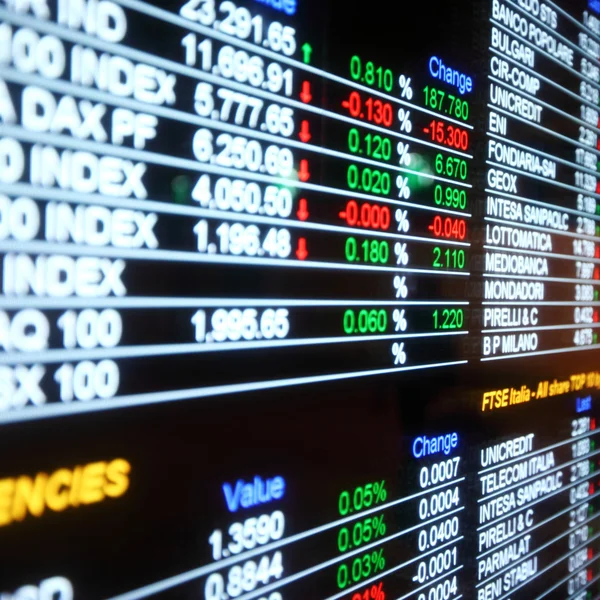Asian stocks plunge as the U.S. financial crisis spreads. Markets fell on Tuesday due to investors drastically reducing bank stocks due to concerns about a potential problem spreading to other countries.
Asian stocks weigh by upcoming data uncertainty
Japan’s Nikkei 225 index was struck the hardest in Asia. Slumping over 2 percent, markets feared additional attention to U.S. bonds among Japanese financial companies.
The worst movers on the Nikkei included Resona Holdings, Inc. (TYO: 8308), T&D Holdings, Inc. (TYO: 8795), and Concordia Financial Group Ltd (TYO: 7186). All of which fell between 7 percent and 9 percent.
Other benchmarks with a high concentration of banks also experienced significant losses. South Korea’s KOSPI fell by almost 2%, and Indonesia’s Jakarta Stock Exchange Composite Index led to declines across Southeast Asia with a 1.6% decline.
Shanghai Shenzhen CSI 300 and Shanghai Composite indexes in China both fell by 0.8%. While the Hang Seng index in Hong Kong fell by 1.8 percent. As heavy selling in local bank equities more than offset the positive outlook for additional government stimulus measures.
Asian stocks may suffer from inflation and the US bank crisis
if there are any indications of inflation that have gotten out of control and there are problems in the banking industry.
After Silicon Valley Bank (NASDAQ: SIVB) failed last week. The investors began to anticipate more turmoil in the banking industry, which caused U.S. bank stocks to plunge in overnight trade.
Even as the government acted in the sector with rescue liquidity and assurances of support, losses in bank stocks continued.
Hopes of Fed will pause or slow down on interest rates
Although the figure was still higher than anticipated, a persistent. A decline in inflation may eventually cause the Reserve Bank to halt its cycle of rate increases. Eyes CPI.
Australia’s ASX 200 index fell 1.6 percent, with equities of the country’s major 4 banks down between 0.4 percent in terms and 1.3%. The biggest of the group, the Commonwealth Bank of Australia (ASX: CBA), decreased by 0.4%.
According to a private poll released on Tuesday, high inflation and rising interest rates continue to exert pressure on Australian consumer confidence. Which is still hovering around pandemic-era lows.
Increased wagers that the Federal Reserve will moderate its aggressive attitude in order to stop further economic harm. Also sparked by the bank meltdown.









